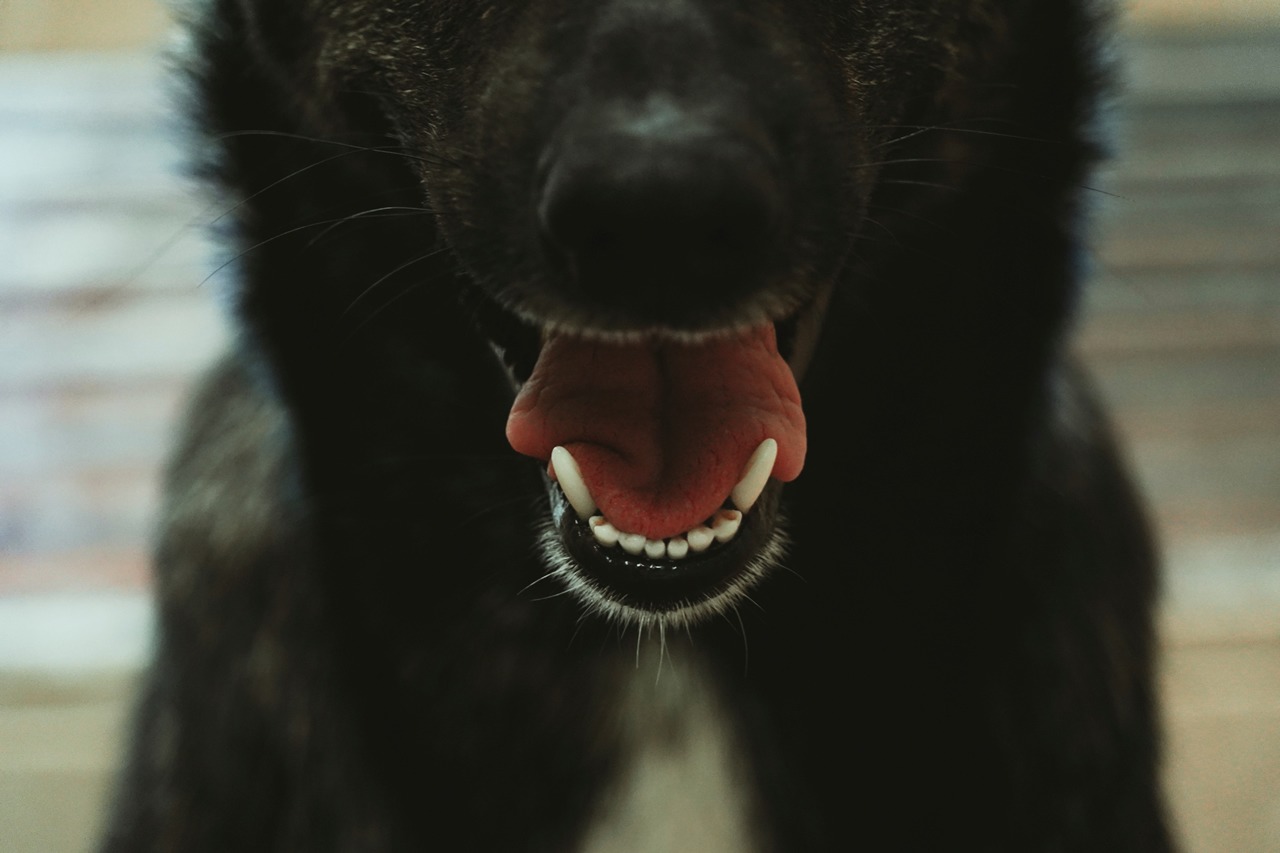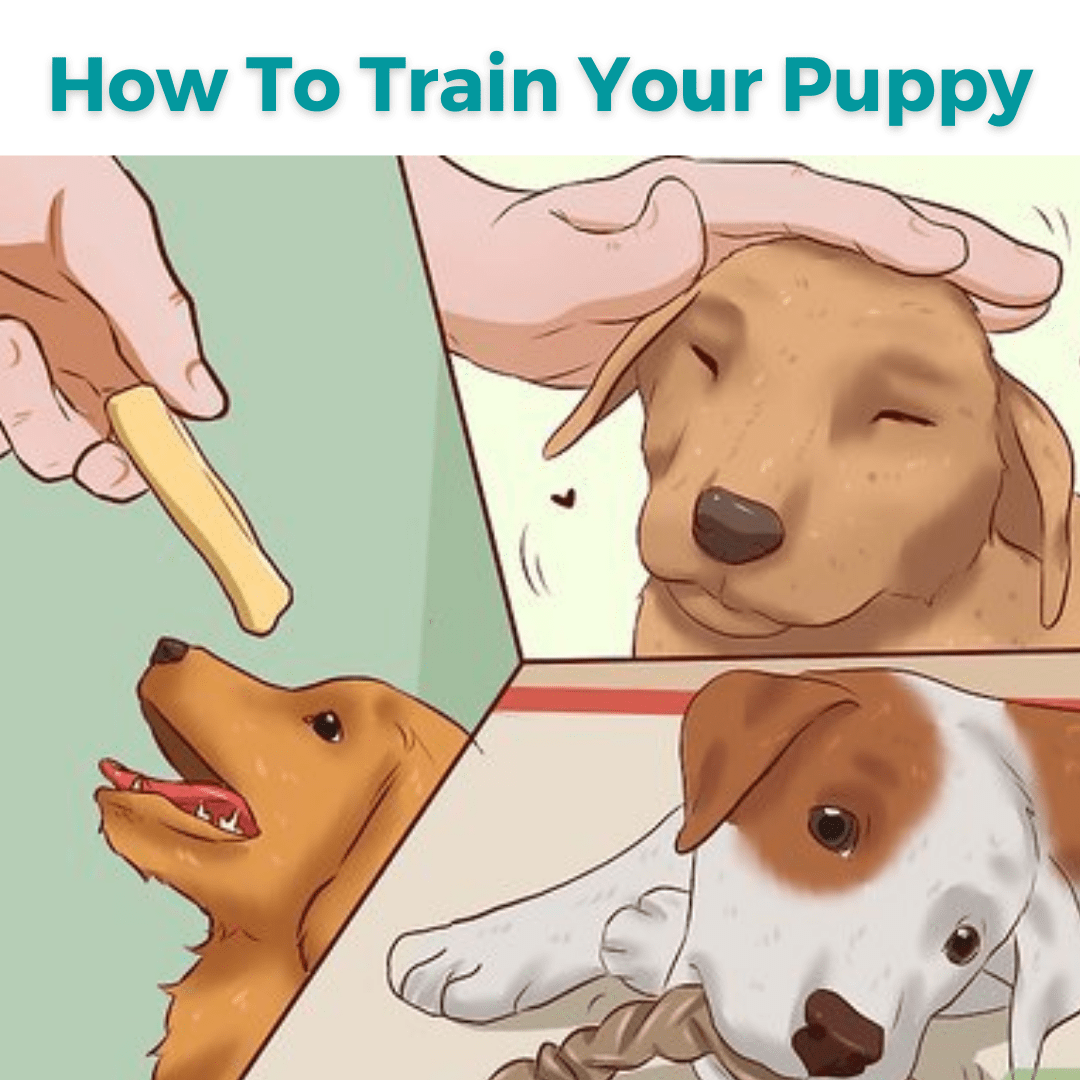By Tammy Winslow
According to the findings of a recent study, dental disease affects around 80 percent of canines and felines that are three years old or older. When dental health is poor, there is always an increased danger of toxic substances being absorbed into the bloodstream, which can lead to sickness. It is essential that your pet receives thorough and appropriate dental care, as this is not only important for the oral hygiene of your pet but also for its overall health and well-being. Your pet can avoid experiencing pain, the loss of teeth, and other secondary health issues caused by bacterial infections if you practice proper oral hygiene and keep up with their dental care. These difficulties include problems with the heart, liver, and kidneys.
We have compiled a list of some of the most compelling arguments that highlight the significance of ensuring that the teeth of your pet are properly cared for, including the following:
Taking care of your teeth and gums is one way to eliminate foul breath.
We all have a deep affection for our cherished animal companion, but what about the pungent smell of their breath? Not quite! A slight odor in the air that you breathe is normal, but bad breath that comes from your mouth indicates serious dental disease. Brushing your pet's teeth on a daily basis and taking them to the veterinarian for checkups at regular intervals will effectively eliminate foul breath and the bacterial development that causes it.
Infectious diseases of the mouth can result in serious complications.
Periodontal disease, commonly known as dental disease, is the greatest significant threat to the oral health of pets, just as it is to the oral health of humans. Plaque that forms on teeth and gums as a result of improper brushing and flossing practices is the primary cause of this condition, which manifests itself as an infection of the tissues that support your pet's teeth. If it is not treated in a timely manner, it can result in bleeding gums, pain when chewing, and in many cases, the loss of teeth.
Regular dental assessment might help you save money
The ability to mask pain and other symptoms of disease is a trait that has been passed down to the animals that share our homes. Because of the way teeth are structured anatomically, more than half of the structure of your pet's teeth is hidden below the gum line. This makes it difficult to detect any dental sickness in your pet unless they are carefully examined. Some people do not like spending money on preventative procedures when they do not see any illness. These people do not realize that their pet may have to suffer with pain and other dental illnesses, which will cause them to pay more for the vet bills, if they do not take their pet in for regular dental check-ups, even if everything appears to be fine on the outside.
Avoid painful circumstances
When they have dental problems, our pets experience the same excruciating pain that we do. The fact that the animals do not understand why they are in pain is a disturbing development. If you are able to maintain the dental health of your pet, you will be able to spare them the excruciating pain that they would otherwise have to endure, which may sometimes be intolerable.
Keep clear from serious illnesses.
Animals that are kept as pets are experts at coping with discomfort and illness. You will not become aware of their dental condition until it has already expanded throughout his oral cavity, causing more harm and more anguish than it already had. By bringing your pet in for checkups on a regular basis, you can catch any oral ailment in its early stages, when it is easier to treat, rather than when it becomes more challenging.
There will be no loss of teeth.
In addition to the obvious task of gnawing on their food, pets use their teeth for a wide variety of other tasks during the day, including carrying or picking up things, playing games, and so on. If you do not provide your pet with routine dental treatment, even a very small oral condition may develop into an advanced stage of periodontal disease, which may result in the loss of teeth. There is a possibility that the vacant area in the mouth cavity will turn out to be a permanent habitat for a variety of pathogens that cause a variety of oral disorders. This could make it very difficult for your dog to consume food and engage in other activities that formerly required the use of his teeth.
Dental problems have been linked to decreased body mass.
Your pet's food intake may dramatically decrease as a result of the ongoing dental disease, or he may entirely stop eating altogether if he finds it too uncomfortable to chew his food. This is because dental disease can cause great discomfort when chewing food. This quickly leads to a loss of weight and frequently causes a compromised immune system because the individual is unable to meet their daily nutritional requirements with their minimal or nonexistent food intake due to the fact that they are unable to satisfy their appetite. Your pet's susceptibility to developing additional diseases increases when their immune system is compromised.
Your animal companion's risk of suffering a broken jaw may increase.
It is possible for our pets to develop abnormal dental problems such as abscessed teeth or periodontal disease if they do not receive routine dental care. Because of conditions like these, our pets' jawbones become increasingly unstable over time. A jaw fracture can be caused by even the most innocuous of behaviors, such as jumping off a table or eating kibble that is very chewy.
Regular dental care keeps extractions away
Damage is done to the bones in the jaw that serve as the teeth's supporting structure when severe periodontal disease is present. It is impossible to cure a diseased tooth once the bone and gum tissue that surround it have been destroyed; the only option left is to extract the tooth. It is possible to prevent a dental ailment from progressing to the point where tooth extraction is necessary by brushing your pet's teeth on a daily basis and taking them to the veterinarian or pet dentist on a regular basis.
Poor oral health has repercussions throughout the body.
The negative consequences that oral sickness can have on your pet are not restricted to only their teeth or oral cavity; rather, it can also have a negative impact on your pet's entire health. After bacteria and other germs invade your pet's teeth and gum tissues, they enter the circulation and spread throughout the body, causing harm to vital organs such as the liver, heart, and kidneys.
In the end, the most important thing you can do to protect your pet from suffering from a serious illness is to practice good oral hygiene at home and get your pet's mouth thoroughly examined on a regular basis. Have a conversation with your animal's veterinarian and devise a treatment strategy in order to lessen the likelihood that your pet will suffer from oral disease and to ensure that they have the best possible quality of life for as long as possible.


